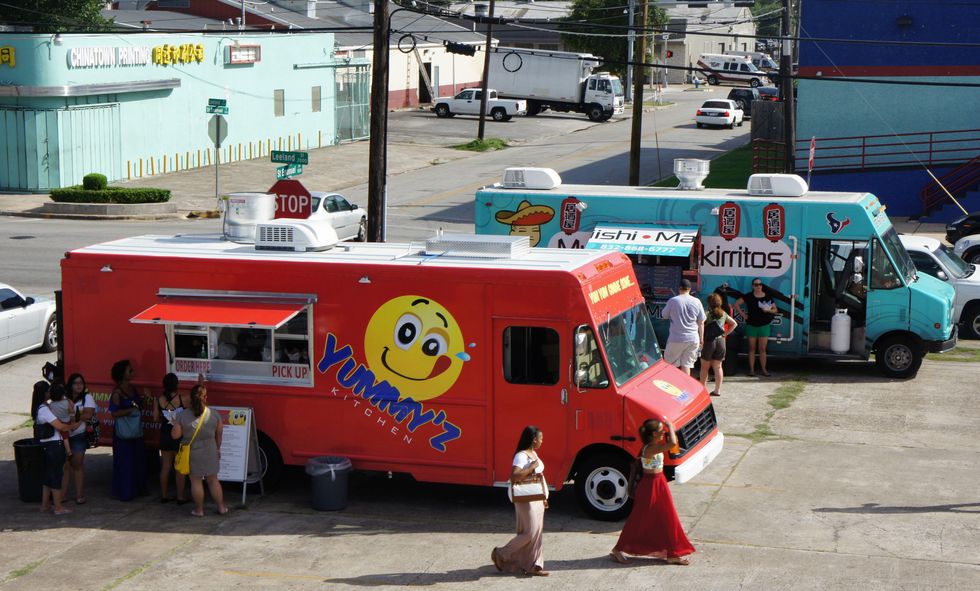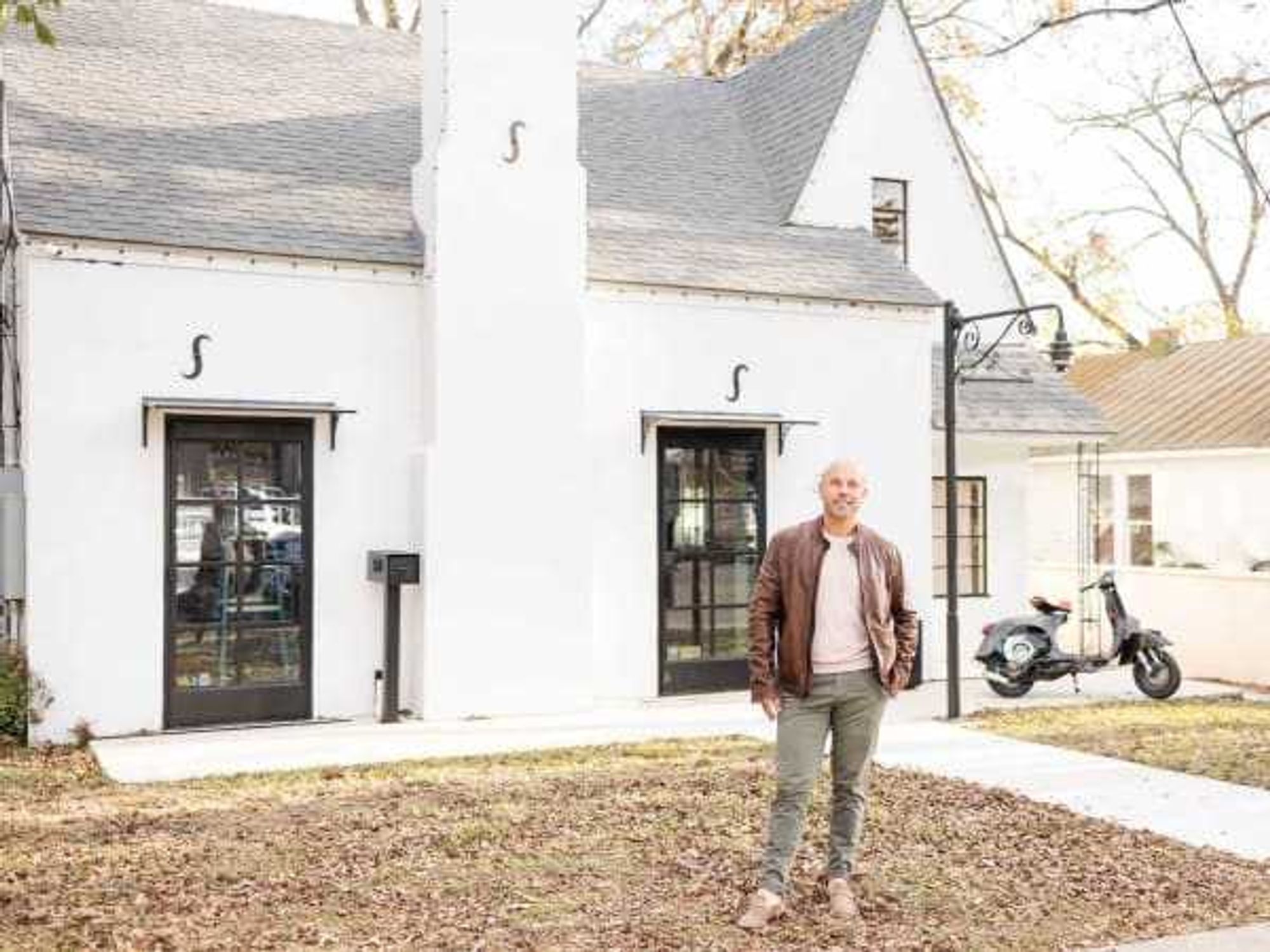Food Trucks Set Free
Houston food trucks could finally be set free by new rules — for once, no restaurant opposition expected
Food truck fans are well acquainted with the sometimes arcane regulations that govern the way mobile food units operate in the Houston. Trucks are required to visit a commissary every day, must be separated from each other by 60 feet, can't be within 100 feet of tables and chairs, can't operate downtown without a special permit, etc . . .
However, proposed changes to three major ordinances could provide food trucks with new freedom. While the commissary requirement isn't changing, the other three regulations will be going away if the Houston City Council approves recommendations developed over the last two years by a task force that includes representatives from various city departments, food trucks and the brick and mortar restaurant community, as represented by its lobbying group, the Greater Houston Restaurant Association.
The public will get its first chance to comment on the proposed changes Wednesday at 2 p.m. during a meeting of the Quality of Life Committee in the City Council chambers on the second floor of City Hall. Those both for and against the new rules will have the chance to express their views.
Laura Spanjian, the director of the city's Office of Sustainability, explains that the goal of removing the prohibition that prevents trucks from operating downtown and in the Texas Medical Center "is to create a level playing field for food trucks." In debates two years ago, some council members expressed concerns about the safety of having trucks, which can carry up to 60-pound tanks of propane, operating in the Central Business District, but Spanjian says the Houston Fire Department is "very confident there is not a safety concern in these two areas. They have a very strong inspection routine."
Spanjian also notes that the city's increased density makes separating downtown and the Medical Center from other, similarly populated areas like Greenway Plaza and The Galleria somewhat illogical.
"We're letting the market decide, which is a very Houstonian thing to do. It should be up to the private property owners what they want to do on their private property."
Removing the 60-foot spacing requirement between trucks is another change to the fire code that reflects confidence in the Fire Department's inspection routine and spot checks of truck operations. Both of these changes are being made as part of larger updates to the fire code, which happens every three years. Spanjian expects them to come to a vote before Council early next year.
The final proposed change is an adjustment to the health code that removes the prohibition against trucks operating within 100 feet of tables and chairs. As this requirement is routinely ignored when trucks park near bars in Montrose, along Washington Ave and the Heights, it brings the regulations in line with standard practices. If all goes according to plan, Council will vote on the issue in mid-September.
Spanjian also notes that the 100 foot rule should never have been in the health code. "There’s no health issue with a food truck being near tables and chairs. It doesn’t belong in the health care requirements at all," she says.
While the 100 foot regulation may have been an attempt to prevent food trucks from competing directly with brick and mortar restaurants, Spanjian thinks the time has come for the two to be on a more equal footing.
"We're letting the market decide, which is a very Houstonian thing to do," she says. "It should be up to the private property owners what they want to do on their private property."
For Eatsie Boys co-owner Alex Vassilakidis, whose truck has already found success serving downtown diners during the seasonal Urban Harvest farmers market at City Hall, the opportunity to be downtown full time represents the most important change.
"You have an underserved population down there," he says. "Look at what Urban Harvest did. They brought food trucks down there, and the trucks crushed it. People come down to the market and get their favorite things from food trucks."
Spanjian doesn't anticipate objections from the GHRA; as part of the negotiations during the task force, truck owners dropped their request to supply their own tables and chairs for patrons. "They’re very minimal to be honest. I think it’s a win for the Restaurant Association. We wanted to help food trucks without hurting restaurants."
"We all want to work together to make a more vibrant Houston."


